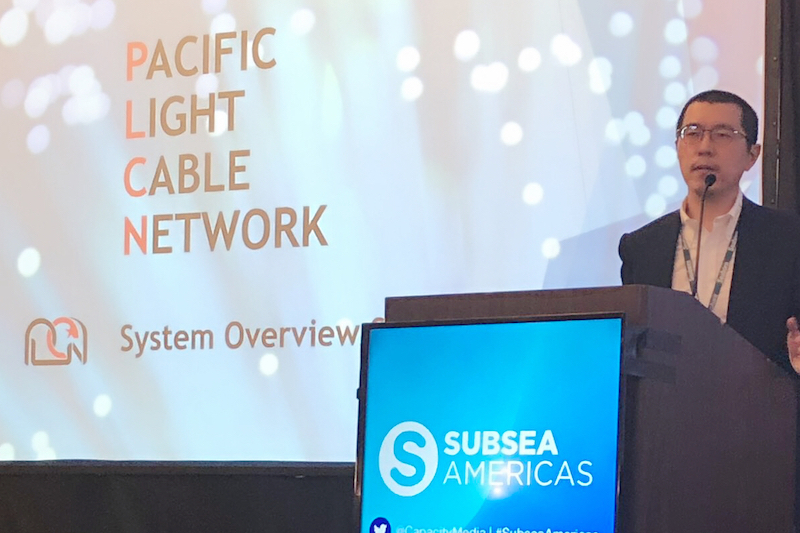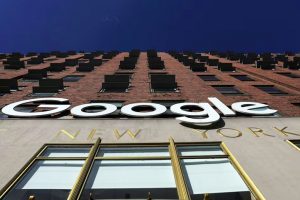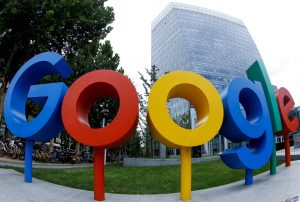The US on Friday recommended that Alphabet’s Google and Facebook parent Meta receive permission to use an undersea cable system to handle growing internet traffic with Asia.
The administration urged the Federal Communications Commission (FCC) to grant licences for the companies to send and receive data on the existing 8,000-mile Pacific Light Cable Network.
The undersea fibre-optic cable system connects the US, Taiwan, the Philippines and Hong Kong. Undersea cables transmit nearly all the world’s internet data traffic.
Privacy Commitments
Meta sought permission to use the Philippines-US portion, while Google has asked to connect to Taiwan.
The companies committed to protect the privacy and security of Americans’ data, particularly against China’s intelligence operations.
Hong Kong-based Pacific Light Data Communication Co (PLDC) is the co-owner of the PLCN directly connecting Hong Kong and Los Angeles. The company said it uses C+L technology, providing high-speed, low latency and more secure bandwidth.
PLDC was previously controlled by Wei Junkang, a Chinese steel and real estate magnate.
Working With Huawei
In 2017, Wei sold most of his stake in PLDC to Dr Peng Telecom & Media Group, a private broadband provider in Beijing. Dr Peng works closely with Huawei, which has been blacklisted by the US.
The plan by Google and Meta abandoned a previous proposal to use the PLCN link to Hong Kong. Multiple US government agencies recommended blocking that plan in 2020.
The US justice department said the national security agreements with Google and Meta were needed given China’s “sustained efforts to acquire the sensitive personal data of millions of U.S. persons.”
The Chinese embassy in Washington and Google did not immediately comment.
Google said in 2020 it needed the data connections to handle growing traffic between its data centres in Taiwan and the United States.
Capacity Increase
A Meta spokesperson said the “cable system increases internet capacity” between the United States and Philippines “to help people stay connected and share content.”
The cables are secure and data is protected through advanced encryption, it said.
Under the agreements, Google and Meta must conduct annual assessments of risk to sensitive data, and they have to be able to restrict or stop data traffic on the cables within 24 hours.
Last week, the US announced a partnership with the Federated States of Micronesia, Kiribati and Nauru to build a new undersea cable to improve internet connectivity to the Pacific nations.
- Reuters, with George Russell
























